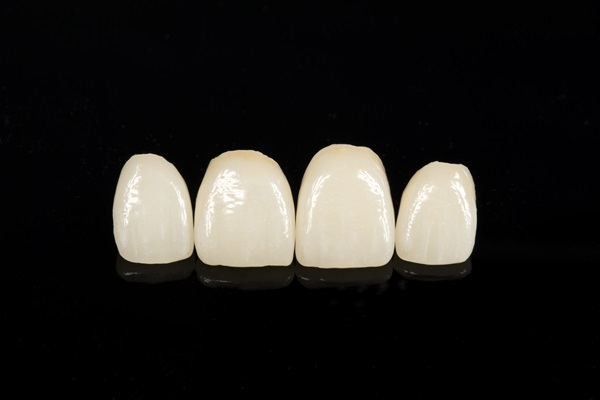General Dentistry: Treatment Options for Toothache Pain

Toothaches are extremely unpleasant and can make eating difficult and painful, but fortunately there are many beneficial treatments in general dentistry. Before deciding on a treatment option for toothache pain, it is helpful to understand more about toothaches. The sensation can be dull, sharp or throbbing. Toothaches can be sensitive to temperature, pressure or texture as well. Do not ignore a toothache; treat it as soon as possible.
Common causes of toothaches
To pick the most effective treatment option, it is crucial to identify the cause of the toothache:
- Tooth decay from plaque, caused by the sugars and starches in food
- Food or debris accumulation between the teeth
- Trauma to the tooth, from an injury or grinding teeth
- Inflammation or infection
- Teeth that are erupting but do not have enough room to develop normally
Self-care treatment options
Prior to seeing a dentist, there are some self-care tips that may help relieve a toothache. Rinse the mouth with warm water to ease pain and clear out debris. Then, use dental floss to carefully remove any food or plaque that is lodged between the teeth. If pain is severe, try an over-the-counter pain reliever. If the toothache is a result of trauma or injury, place a cold compress on the face right outside of the area.
Prevention
It is vital to take steps to keep future toothaches from forming. Prevention is the easiest and most effective method to do at home. Follow good oral hygiene practices to avoid tooth decay, food buildup and infection. Thoroughly brush teeth twice daily with a toothpaste containing fluoride. Make sure to regularly floss the teeth to remove food and prevent plaque build-up.
Visit a general dentistry twice a year so that a professional can deep clean the teeth and check for any issues. Regular appointments at the dentist keep teeth healthy and clean. For those who have frequent problems with toothaches, ask the dentist about sealants or fluoride applications for extra protection against toothache pain.
When to see a dentist
At-home treatments may not always work, especially if the toothache is severe. If the pain persists for more than a couple of days, call the dentist. A toothache that is accompanied by fever, infection, swelling, red gums or trouble breathing and swallowing is extremely serious and should be handled by a dentist immediately.
If the toothache is caused by tooth decay or a cavity, the dentist may fill it or extract the tooth if necessary. For toothaches caused by an infection of the tooth’s nerve, a root canal may be the recommended treatment option. In the event that bacteria entered the inner tooth and caused infection, antibiotics can be prescribed.
Conclusion
Getting toothache treatment early is important for reducing symptoms and preserving teeth. Waiting too long prolongs the pain and can lead to serious long-term effects. Go to a general dentistry practice if you are suffering any signs of a serious toothache as well as for regular dental exams.
Request an appointment here: https://dentistlindennj.com or call AC Dental of Linden at (908) 905-0747 for an appointment in our Linden office.
Check out what others are saying about our services on Yelp: Read our Yelp reviews.
Recent Posts
Learning how to prevent cavities from a general dentist is smart. General dentists understand everything there is to know about how to take care of your mouth and are a great source of dental information. Whether you think you already have a cavity or want to make a preventive appointment to avoid getting a cavity…
When you visit the dentist for a checkup, they may suggest fluoride treatment and the use of fluoride toothpaste. Both children and adults can get a fluoride treatment, and the aim is to remineralize the teeth and inhibit the creation of acids by bacteria. For children, small doses of fluoride are essential during the development…
Many people avoid visits to the general dentist because they are afraid of what might be found on their teeth. Cavities are one of the most common dental issues, and the dental professional will usually recommend getting dental fillings. In this article, you will learn what a cavity is and how the dentist fixes the…
General dentistry focuses on diagnosing, managing and treating dental and oral health problems. Additionally, general dentists administer routine care so that patients can maintain good oral health. Routine care does include preventive treatments, which can help patients avoid cavities, infections or injuries.Preventive general dentistry treatments can be very beneficial long-term. They allow patients of all…


